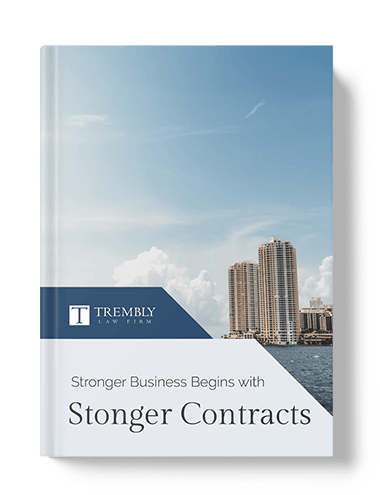There are two types of corporations that business people can select from when they create their company: C corporations and S corporations. C corporations reflect the most common perceptions which people have about corporations: they issue dividends, they can have different classes of stock, they can attract large numbers of investors, and so forth. S corporations, on the other hand, are in some ways very similar to partnerships but offer some of the advantages of corporations as well.
In this post, we will go over some of the essential things which businesspeople need to know about when they consider forming an S corporation. Depending on your circumstances, an S corporation may be the ideal entity for your company.
Primary Advantage: Pass-Through Taxation
The most significant advantage of an S corporation is that this corporation is a pass-through entity. This means that the income generated by this corporation literally “passes through” to shareholders and is reported on their individual tax returns. Thus, income generated by an S corporation is not subject to double taxation, which is the case with C corporations. Shareholders of S corporations simply report gains or losses on their individual tax returns, and the tax consequences are dealt with as they normally would be on an individual basis. Although C corporations may be able to offset the impact of double taxation in certain cases, avoiding double taxation is generally a substantial benefit.
Disadvantages
There are several caveats or disadvantages which go along with forming an S corporation. For one, the distributions made by S corporations tend to be more heavily scrutinized by the IRS. The reason for this is because distributions are occasionally made as a means to avoid payroll taxes. This means that S corporations are generally at a greater risk for an audit.
Another disadvantage is that the formation requirements of S corporations are a bit higher when compared with LLCs, partnerships or other non-corporations. The creator must file “Articles of Incorporation” and incur other startup costs. The benefits of S corporations may easily outweigh these costs, but businesspeople should be aware that the startup costs are often substantial.
Important Facts on S Corporations
S corporations are essentially corporations which have elected to be taxed as partnerships, rather than C corporations. They are referred to as “small business” corporations, and the reason for this is because they are limited in ways that C corporations are not. For instance, S corporations may not have more than 100 shareholders, and they can only offer one class of stock. What’s more, only domestic corporations are eligible for this election, and only certain persons are eligible to be shareholders. Eligible persons include individuals, certain trusts and estates, and certain tax-exempt organizations.
Contact the Trembly Law Firm to Learn More
This is a good general introduction to S corporations. In the future, we will likely come back to this topic and discuss the specific requirements, fees and costs of creating an S corporation here in the State of Florida. This introduction should give readers a good sense of whether an S corporation may be suitable for their business needs. If you would like to learn more, or if you are interested in creating an entity, get in touch with the Trembly Law Firm today by calling (305) 431-5678.

















